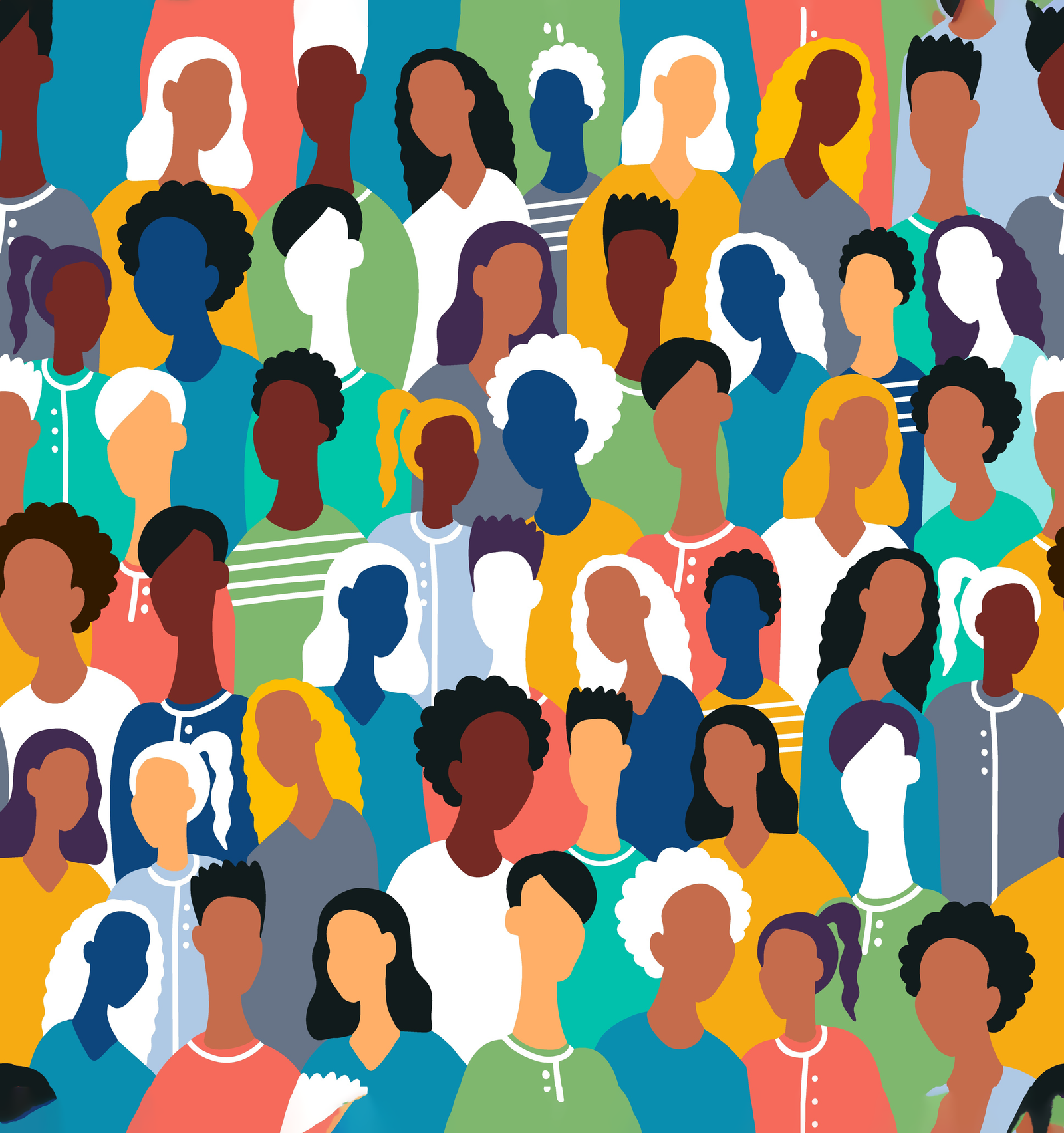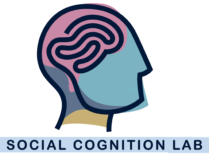
WELCOME TO THE SOCIAL COGNITION LAB
Zefat Academic College
This is what we do
We focus on issues with social importance, exploring their cognitive mechanisms and developmental trajectories.
We are interested in understanding the way people from different social-ethnic groups perceive and represent their surroundings, categorize people and traverse their social world.
Using a wide range of psychological methods, we examine a variety of socio-cognitive processes in both adults and children.
If you have any questions or comments -
please feel free to contact us

Principal Investigators

Irene Razpurker-Apfeld
Ph.D. Cognitive psychology
Irene Razpurker-Apfeld
Ph.D. Cognitive psychology
I am a Senior Lecturer in the Department of Behavioral Sciences at Zefat Academic College, and have been an integral member of its core faculty since its establishment. I earned my Ph.D. in Cognitive Psychology from the University of Haifa.
My academic journey began with a focus on traditional cognitive psychology, which I have since applied to address issues of societal significance. Building upon my basic interest in visual attention and symbol representation, my research now centers on various phenomena in social cognition.
My recent publications examine information processing in social and developmental contexts, as well as topics in embodied cognition and media psychology. Currently, I am actively engaged in several collaborative projects with colleagues from institutions such as Queen’s University Belfast, University College Dublin, the University of Haifa and the University of South Australia.
Looking ahead, i plan to continue my research with a focus on the following topics:
- The role of visual attention in the context of social stimuli.
- Applying embodied cognition theory to understand engagement with media narratives.
- Exploring how media character authenticity, including personal relevance and genuine emotion, influences audience identification and persuasion.
- Investigating how aligning sensory experiences of media characters with those of the audience impacts message evaluation and perceived truthfulness.
- The role of cognitive and social factors in emotion attribution.

Lipaz Shamoa-Nir
Ph.D Social-Organizational psychology
Lipaz Shamoa-Nir
Ph.D Social-Organizational psychology
I am a Senior Lecturer and Head of the Psychology Track in the Department of Behavioral Sciences at Zefat Academic College. I am interested in behaviours and attitudes in multicultural contexts, with a focus on cross - cultural research. I study people’s reasoning about conflict-related groups and its implications for intergroup relations and prosocial behaviour. Additionally, my research explores how children navigate their social worlds and how social and cultural contexts shape their thinking about others. I am a member of the Helping Kids! International Project, which examines children’s empathy and prosocial behaviour across five settings: Northern Ireland, Macedonia, Kosovo, and Israel. At the beginning of my career, I was a founding member of the Program for Secular and Religious Dialogue at Bar-Ilan University, which aims to reduce prejudices between Jewish sub-groups. I contributed to developing an intergroup dialogue intervention for students from Jewish-Israeli subgroups. At Zefat Academic College, I applied these methods to foster dialogue between Jewish and Arab students, promoting ethnic religious tolerance and multiculturalism. I have the desire to make academic education accessible to the weaker populations in Israeli society, both Jews and Arabs, and I intend to continue to specialize in developing teaching programs to diverse populations. My long-term goal is to contribute to debates on both unique and universal process in the development of social cognition and intergroup relations.
Our Team

Gon Reichman
Lab Administrator and Senior Research Assistant
Gon Reichman
Lab Administrator and Senior Research Assistant.
I am a BA student in my final year of undergraduate studies in psychology at the University of Haifa. I am interested in human behavior and the neurobiological and cognitive mechanics underlying It.
As a citizen of the diverse country of Israel, matters of multiculturalism have surrounded me throughout my life, leading me to develop a strong interest in human behavior within a cultural context.
This interest was further enhanced by my experiences traveling and studying abroad.
In the lab, I engage in various research-supporting tasks, including leading a research on the evaluation of groups with multiple social characteristics (crossed categorization.
I am excited to participate in developing the Social Cognition Lab, and engage in research on the cognitive aspects of social behavior across different ethnic groups.

Yonatan Oreg
Research Assistant
Yonatan Oreg
Research Assistant
After completing my BA in psychology and philosophy at the University of Haifa, I am now in my final year as an MA student in philosophy.
I am currently writing my thesis on types of complexity and how humans deal with them.
I am interested in social psychology, specifically in understanding the roles of social contexts in explaining why people behave as they do.
I am also interested in cultural differences and their effects on how people perceive each other.
In the lab, I’m involved in a study on the evaluations of people from different social groups, and on the way that revenge tendencies effect how people perceive people from other groups.
I love to play chess, watch films, read books and to play basketball.

